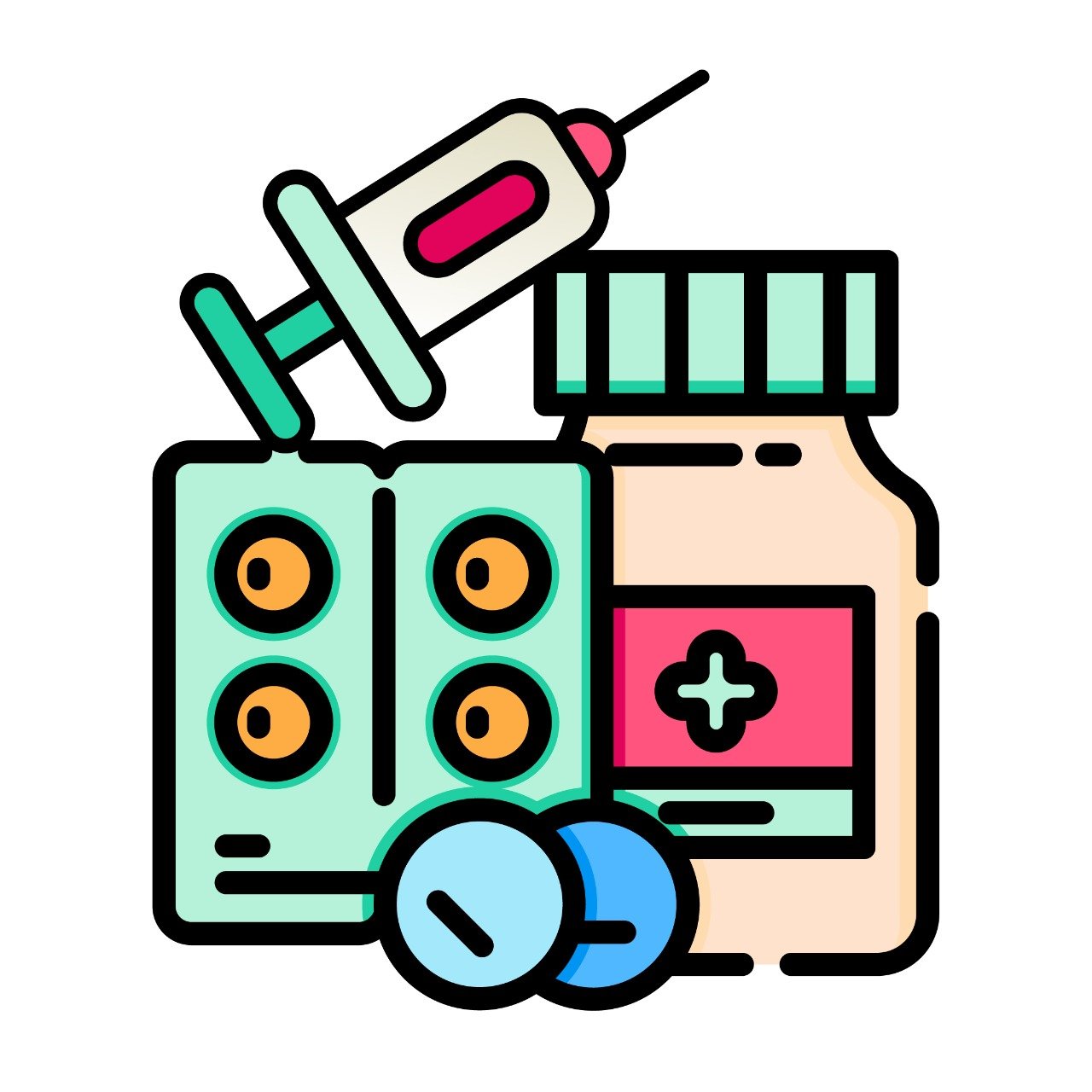Salt: Diphtheria Toxoid (30IU) + Tetanus Toxoid (40IU) + Pertussis Toxoid (4IU) + Hepatitis B Vaccine (rDNA) (10mcg) + Haemophilus Type B Conjugate Vaccine (10mcg)
Prescription Required: Yes
See Similar Products
Pentavac SD PFS
Sale Price:
₹220.00
Pentavac PFS Vaccine is a 5 in 1 vaccine given to infants and young children. It provides active immunization against five severe diseases namely Diphtheria, Haemophilus influenzae type b, Hepatitis-B, Pertussis, and Tetanus. It boosts the immune system and produces protective antibodies against these diseases.
Weight/Quantity: Single dose Pre-filled Syringe
Store in a refrigerator (2 - 8°C). Do not freeze.
Pentavac PFS Vaccine is to be administered by your child’s doctor only. It is injected into the thigh muscles of infants. In older children, the vaccine is administered into the arm muscle. It is administered in 3 doses, each 4 weeks apart, preferably before the age of 6 months. Generally, it is recommended to administer the 1st dose at 6 weeks of age, the 2nd dose at 10 weeks of age, and the 3rd dose at 14 weeks of age. If a child has not received the 1st dose by the age of his initial year, start vaccination as soon as possible and consult your child’s doctor for the schedule.
Pentavac PFS Vaccine can cause some minor and temporary side effects such as fever, irritation, loss of appetite, injection site reaction (pain, swelling, redness), and skin rash. However, these episodes do not last very long and subside on their own. If worrisome, do seek the doctor's help.
Talk to your child’s doctor before vaccination if your child has a history of liver problems, kidney problems, blood disorders, birth defects, heart problems, lung problems, severe pain or swelling of the limbs, or Guillain-Barré syndrome. Also, let your doctor know if your child has or had any severe allergic reactions to any medicine. You should also consult your doctor if your child has ever been in a coma or has had brain or nervous system problems like seizures before scheduling a vaccination appointment. This information is important for the doctor to prepare a corresponding vaccination schedule.
Tetanus, commonly called lockjaw, is a serious bacterial infection that affects the nervous system and causes muscles to become stiff and tighten. Pentavac PFS Vaccine helps prevent tetanus infection. It helps the immune system to produce antibodies to fight against tetanus infection. Vaccination is the best way to protect your child against this life-threatening disease.
2. In Prevention of Tetanus:
Diphtheria is a bacterial infection that causes pain and swelling in the throat. This may even cause difficulty in breathing. It might also damage the heart, kidneys, and nerves. Pentavac PFS Vaccine protects against diphtheria. It is advisable to consult your doctor for complete information regarding vaccination schedules. After vaccination, most children develop antibodies sufficient enough to protect against diphtheria.
3. In Prevention of Pertussis:
Pertussis (often called whooping cough) is an infection of the airways that can occur at any age but mostly affects infants and young children. The infection causes uncontrollable coughing, making breathing difficult. Pentavac PFS Vaccine offers the best protection against Pertussis. It is advisable to consult your doctor to gather complete information regarding vaccination schedules.
4. In Prevention of Hepatitis B infection:
Hepatitis B is a liver disease caused by contracting the hepatitis B virus. When Pentavac PFS Vaccine is given to children, the immune system is stimulated thereby producing antibodies against this virus. These antibodies help provide protection against infection caused by the hepatitis B virus.
5. In Prevention of Haemophilus influenzae Type b disease:
Haemophilus Influenzae type b can cause serious illness, especially in children. These may include meningitis (infection of brain meninges), pneumonia, etc. It is spread mainly through contact with infected droplets (coughing or sneezing) or secretions from an infected person's nose and throat. Pentavac PFS Vaccine provides long-term protection against this disease. It helps the immune system to produce antibodies to fight against the disease.
Common side effects of Pentavac:
- Fever
- Irritation
- Loss of appetite
- Injection site reactions (pain, swelling, redness)
- Skin rash



